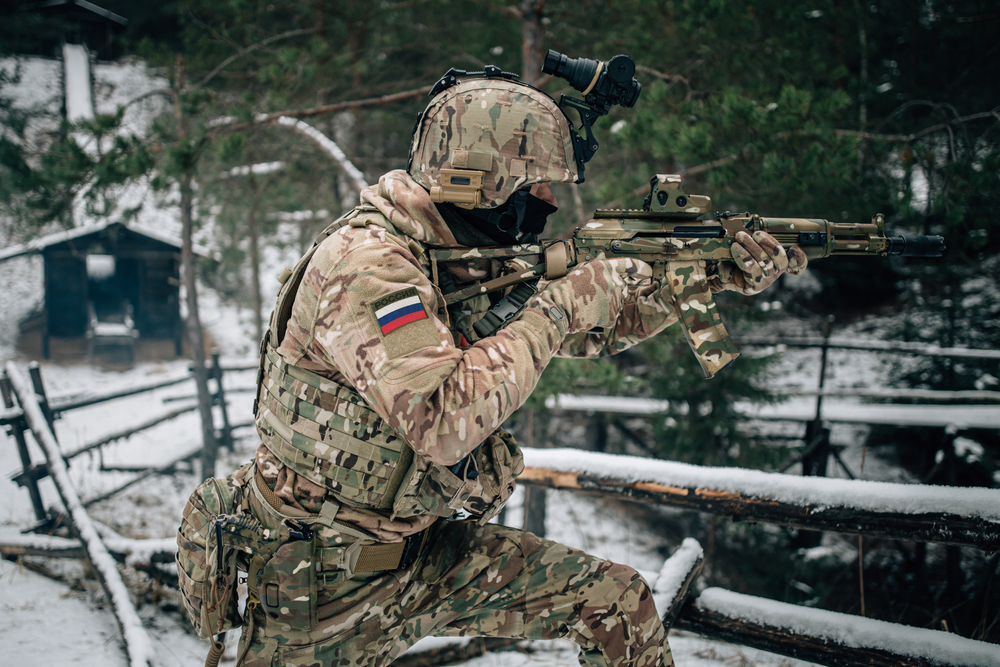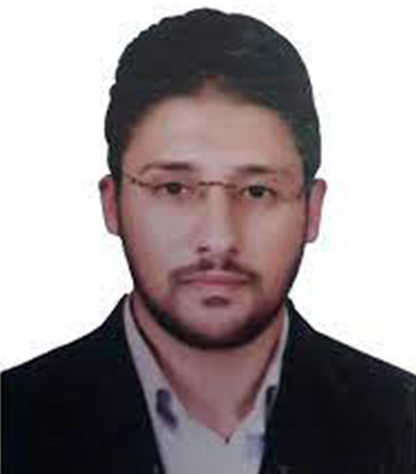Most actors in the Middle East have tried to tread a cautious path regarding the crisis in Ukraine, but the Russian invasion has complicated these efforts. The stances of some regional actors has been motivated by deeply entrenched ties with Russia, whilst others are driven by the need to balance close their close alliance with the West and the US, with the growing interests with Russia.
Neither state or non-state actors in the Middle East can ignore the crisis in Ukraine, as it will have a strong impact on the region, especially in terms of food security and other economic consequences. Their responses have, however, been shaped by more deep-seated factors, related to growing Russian presence in the region. Russia has for several years been seeking to play a larger role on the international scene through greater engagement in the Middle East, including its military involvement in Syria, its presence in Libya, and its diverse links with multiple actors that are often on opposite sides of the various regional conflicts.
The extreme polarization in the Middle East regarding these conflicts, and other regional issues, has therefore cast its shadow on regional stances towards the Ukraine conflict. Some actors incorporated the issue into their own narrative against regional adversaries, using it to augment their opposition to Russian intervention in Syria for example, while others tried to exploit the situation to garner Russian support for their own objectives regarding regional conflicts.
Regional stances are also related to the indications the US has been giving of its intentions to disengage from the region, and the movement by both Russia and China to fill the vacuum that would create. In order to maintain their ties to these various international powers competing in the Middle East, and the respective interests linked to these ties, regional actors have tried to tread carefully, hoping not to alienate any of the parties to this conflict. Most early official statements adopted a neutral tone, trying to avoid attaching blame to any party.
However, the countries strongly aligned with Russia, Syria and Iran, declared clear support towards Russian actions. Syria’s president, Bashar Al Assad, in a phone call with Russian President Vladimir Putin, expressed his opinion that this operation in Ukraine would serve to restore balance to the international system, upended following the collapse of the Soviet Union. Iran also took a similar tone, and the Iranian president expressed, in a phone call with President Putin, his country’s understanding of Russia’s actions, and its valid concerns regarding NATO expansion.
The Turkish position to the crisis was far more complicated, as its relations with Russia in the Middle East have elements of both competition and cooperation, especially in Syria. The Turkish Foreign Ministry issued a statement on the 24th of February that condemned the Russian invasion of Ukraine and considered it unacceptable. The statement called on Russia to cease its illegal actions against Ukraine and considered this act a blatant breach of international law and a danger to the region and the world. However, it balanced this stance by offering to mediate between Russia and Ukraine, due to its strong relations with the latter.
The Israeli position towards the crisis has also been motivated by conflicting interests. Israel has relied on Russian cooperation in Syria to allow it to target and attack Iranian posts there. On the other hand, Israel is strongly aligned with the US, and was subject to strong pressure to vote in the UN in support of a resolution “deploring” Russia’s attack on Ukraine. Israel went on to describe Russia’s actions as “a blatant breach of international law”, to which Russia responded by declaring it does not recognize Israel’s annexation of the Golan Heights. Israel also continued to offer its efforts as mediator between Russia and Ukraine, at the request of the Ukrainian president.
Several non-state actors in the Middle East have tried to take advantage of the Russian invasion of Ukraine to advance their own narratives. The Syrian opposition likened the Russian intervention in Syria to that of Ukraine and called for the West to increase its pressures on Russia regarding its presence in Syria.
The Houthis tried to use the Ukrainian crisis to garner Russian favor. Mohamed Ali Houthi tweeted the Houthi’s recognition of the independence of Donetsk and Lugansk and called for a measured response that would not deteriorate into an armed conflict that would exhaust Russia’s military capabilities. Russia, however, did not respond to this overture, and supported a UN resolution to designate the Houthis a terrorist organization.
Middle East actors will continue to take their political and security interests- some of which are tied to the West, while others are tied to Russia- into consideration as they navigate the developments of the crisis in Ukraine. Mounting pressure from the West, particularly the US, to abandon support of Russia is likely to make this task more difficult.


